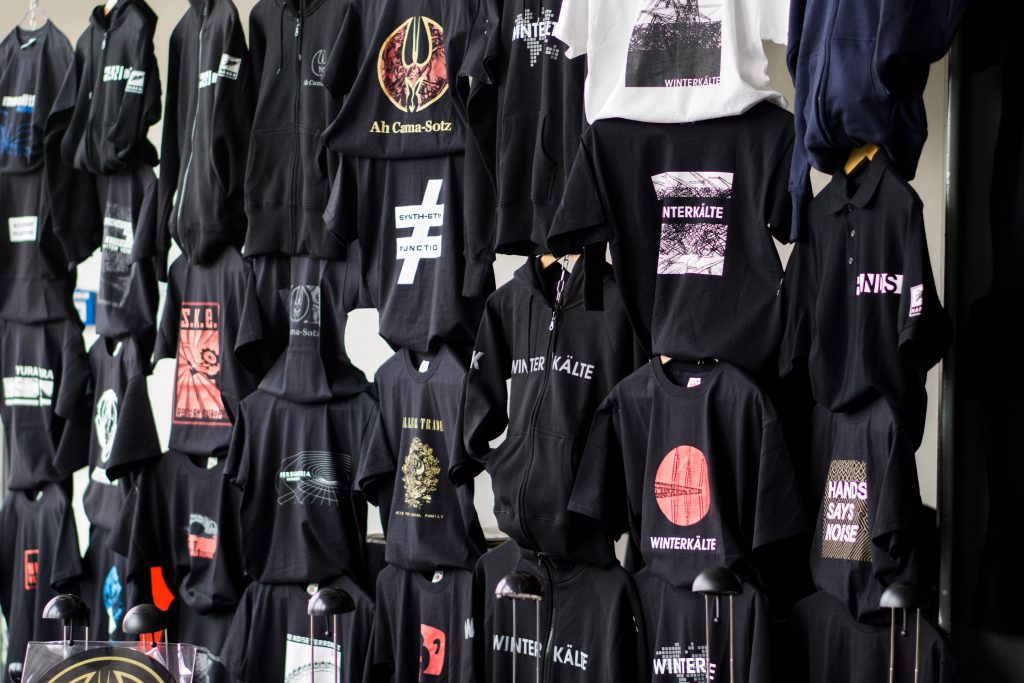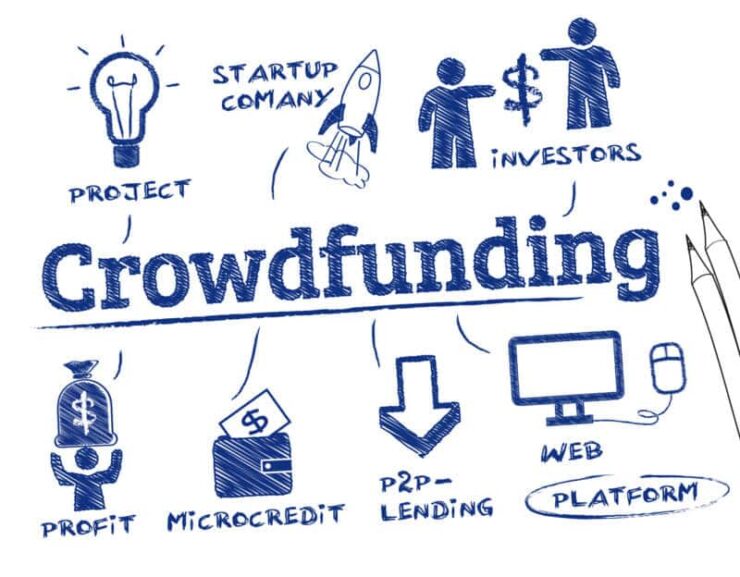Over the past three decades the music industry has been changing rapidly. No longer is being signed to a major label the only way to secure the means to make a record.
Firstly, there is the availability and relative- affordability of high quality recording software and equipment. However, for those seeking to make a record in a studio, there is the recent popularity of the concept of crowdfunding.
As everyone involved struggles to find their footing in an industry arguably still adapting to the 21st century, musicians have found that crowdfunding is a rather ingenious method of skipping the middle man and reaching out to their fans to make a record, fund tours or do just about anything!
What is crowdfunding?
Speaking with the Guardian, CEO of PledgeMusic, Benji Rogers, says explains:
“Crowdfunding is ‘please give me money, then I will do’. Direct-to-consumer is ‘I’ve done it, here’s five ways to buy it.’ We’re in the middle with ‘be a part of the making of it’ – it truly is direct to fan.”
The premise of crowdfunding is very simple – rather than providing a product or service then taking payment, people wishing to purchase the product or service “pledge” a certain amount of money in advance, thereby facilitating it’s production.

A simple example of crowdfunding for musicians would be those who are looking to make a record, but don’t have the necessary resources to book the studio time. Turning to crowdfunding means they can “pre-sale” copies of the album or EP (as well as other “perks” or merch), hopefully then acquiring enough funds to make the album.
This can also be applied to getting together the funds to support a tour or many other projects.
How do I begin a campaign?
1. Select a platform
The first thing you’ll need to do is select a platform to host your campaign. In recent years, it has become extremely popular to use companies such as Kickstarter, Indiegogo and Bandzoogle, who all offer a very similar deal.
In return for their services, you can expect to pay a commission. For example, Kickstarter take 10% of the total money raised.
Although it is possible to start a campaign without an existing platform and avoid the commission, the organisation and reassurance to your contributors that one of these platforms provides can prove very useful.
Controversy
PledgeMusic was a site exclusively for musicians, that offered a hands-on service for those campaigning for a specific project. Unfortunately, a winding up order was issued against the business, and the site now reads this:

You can read more about what happened to PledgeMusic here, but if you were affected by the fall out, then you can read more about how to get help from the Musicians’ Union.
2. Create some perks
You’ll then need to come up with a selection of rewards to offer your fans in return for their contribution. These can be anything from downloads of an upcoming release to shout-outs on liner notes and credits.
Previous rewards and incentives have ranged from house concerts, signed lyric sheets, backstage passes, personally signed EP’s and unheard demos. By offering truly exciting rewards, it may even be possible for a band to – theoretically – receive funds exceeding their original target.

3. Promote your campaign
Once you’ve begun your campaign, it’s time to get the word out on it. The first step is to film a video explaining who you are and what your campaign is for.
Then come up with a very detailed schedule for the promotion of your campaign and stick with it! Utilise any of your local press contacts and come up with regularly scheduled posts on social media that link back to your campaign site.
Key points about crowdfunding
- Fans put a considerable amount of faith in a musician to deliver the final product and the musician will have to account for manufacturing and shipping.
- It takes a lot of promotion and hard work
- Offering exciting incentives and rewards is vital
- Whilst crowdfunding is an accessible way of generating revenue, those considering it should be entirely honest about the potential of the project.
Research suggests that bands that have been successful with crowdfunding have worked hard creating well thought-through marketing campaigns and have offered exciting, motivational rewards to those who donate.

A band’s campaign should be treated as a business model and those who choose to use PledgeMusic should go through a vigorous process of meetings with a project manager and lengthy discussions as to how realistic the project is.
Throughout the campaign it is crucial that a band is in regular and direct contact with their fans, reminding them how to contribute and what they can get in return.




















